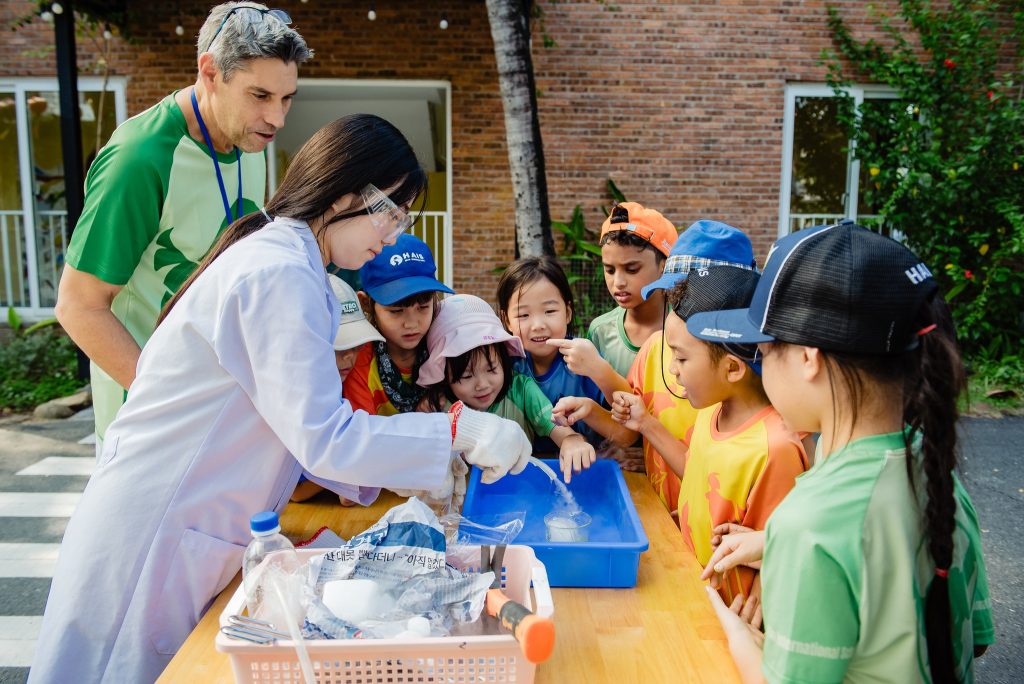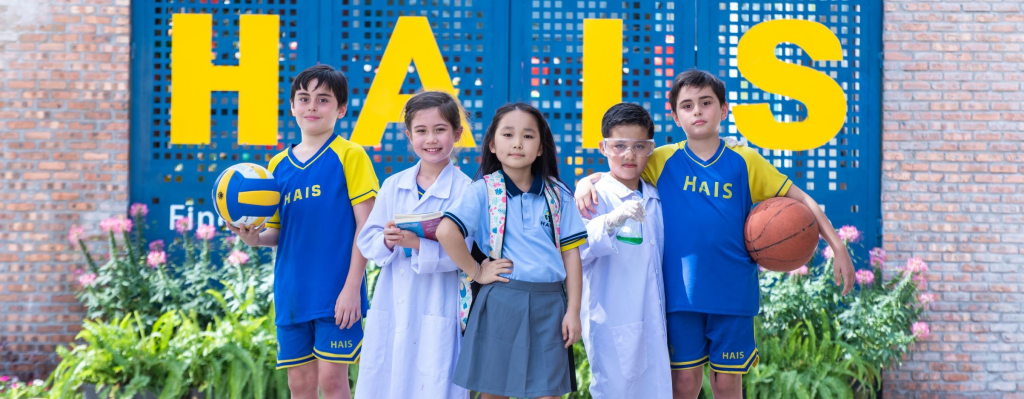We are a learner-centred institution providing equal emphasis on academic progress, as well as the growth and development of the whole child in the areas of Music, the Arts, Sports and the environment. We aim to provide the skills, knowledge and understanding necessary for our students to become successful lifelong learners.

Music fosters creativity and builds confidence. It helps learners express themselves and shows them the importance of communication as they learn to connect with other musicians and audiences.
Learners explore music as performers, composers and informed listeners. They make, understand and appreciate music from different cultures, times and places, helping them develop leadership and collaboration skills and self-confidence.
What will students learn?
- Cultivate a joy of music through participating in meaningful and enjoyable experiences;
- Develop the knowledge, skills and attitudes necessary to contribute as musicians;
- Collaborate with others in purposeful and expressive ways through singing and playing instruments;
- Nurture their individual and collective creativity; and
- Use their growing knowledge to explore and generate unique, relevant and valuable music.
Art and Design gives learners a platform to express themselves, sparking imagination, creativity and developing transferable skills. Students explore and push boundaries to become reflective, critical and decisive thinkers. They learn how to articulate personal responses to their experiences.
What will students learn?
- Learn to see themselves as artists and become increasingly reflective and independent;
- Develop the skills needed to express ideas creatively and to communicate visually; and
- Understand their place and the place of others in a creative, innovative and interconnected world.
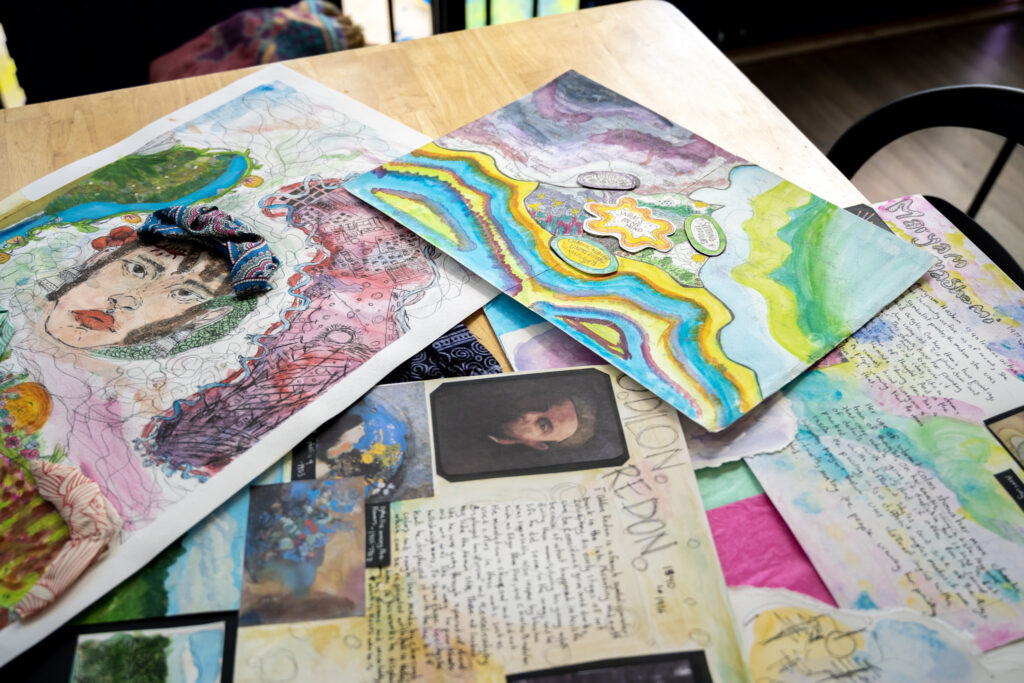
Physical Education is a vital part of a balanced school curriculum. Regular exercise improves physical and mental health and there is growing evidence that it improves academic performance across the curriculum. Establishing good patterns of exercise in school provides learners with the foundation of an active and healthy lifestyle.
What will students learn?
- Increase confidence, move with increasing control, fluency and variety;
- Improve understanding of concepts, rules, tactics, strategies and compositional ideas;
- Participate in respectful and responsible ways, engaging appropriately and safely;
- Improve knowledge and understanding of how physical education can contribute to a healthy and active lifestyle;
- Develop transferable skills promoting physical, cognitive and social development; and
- Become independent, critical and reflective movers and thinkers.
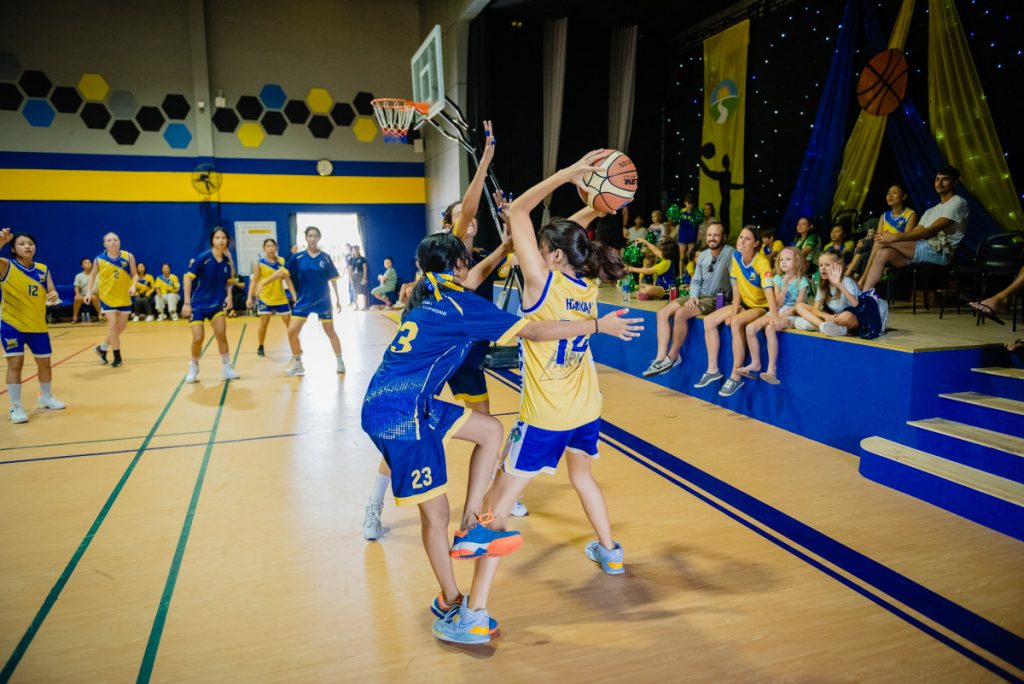
Drama is both a creative subject and also improves communication, promotes literacy, improves story recall, and generally assists with public speaking (a skill required in all manner of jobs later in life).
Led by Ms Jennifer, who has a Master of Arts in Education (majoring in Drama Education and Theatre Arts), the Drama programme is the only one of its kind offered at international schools in Da Nang and Hoi An. Ms Jennifer has spearheaded, produced, and directed productions at Universities, International Schools and Festivals for over 15 years and is an incredibly motivating educator.
What will students learn?
- Communication including voice and tone, facial expressions, body language, speech enunciation and pronunciation;
- Public speaking (the fear of public speaking, or glossophobia, affects as much as 75% of the population. Overcoming this fear can put you in the skilled minority who have mastered this communication skill);
- Confidence such as delivering lines on stage, handling unexpected situations promptly and effectively;
- Creative thinking and problem solving through scenery building, prop creation, costume design, and improvisation;
- Commitment. Putting together a show can take weeks, and it’s important for everyone involved to follow the production through from beginning to end. Even short practices in drama class require the performers to stay on task throughout the scene; and
- Cooperation and collaboration. Drama class is very much a group effort. You’re not putting on the production alone. Rather, you must work closely with everyone in the performance including the other actors, directors, musicians, and backstage crew.
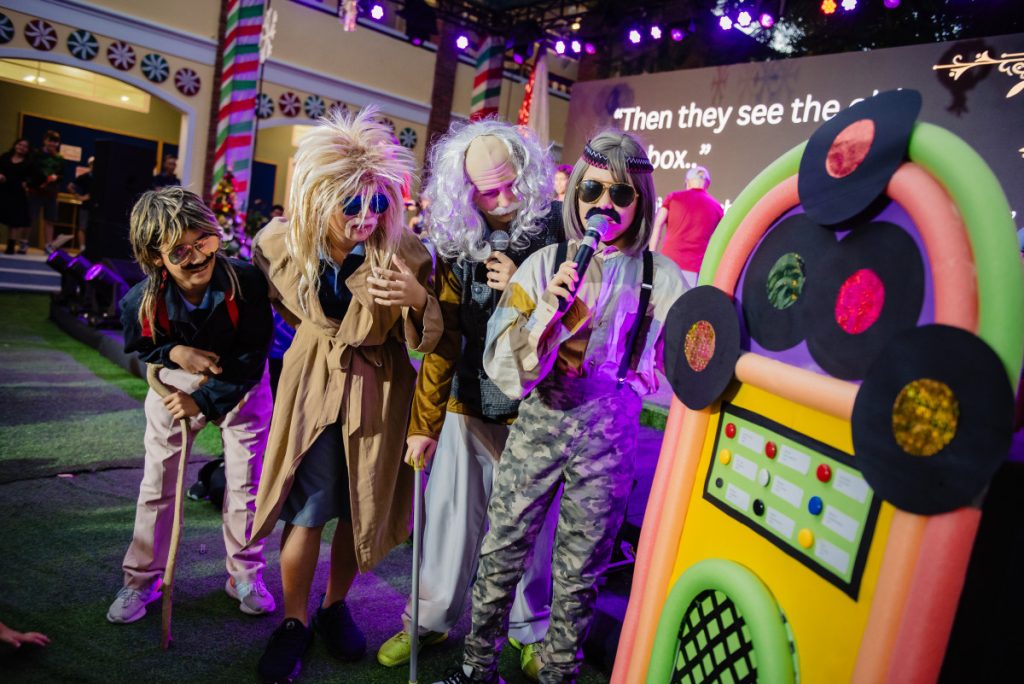
Digital literacy involves the skills and knowledge necessary to effectively and responsibly use digital tools and platforms. Specialist subjects within digital literacy focus on particular aspects of technology use, critical thinking, and communication in a digital environment. Here’s an overview:
- Technical Skills and Tools
- Online Communication and Collaboration
- Information Literacy
- Digital Safety and Security
- Content Creation
- Coding and Computational Thinking
- Digital Ethics
- Emerging Technologies
- Digital Literacy for Education
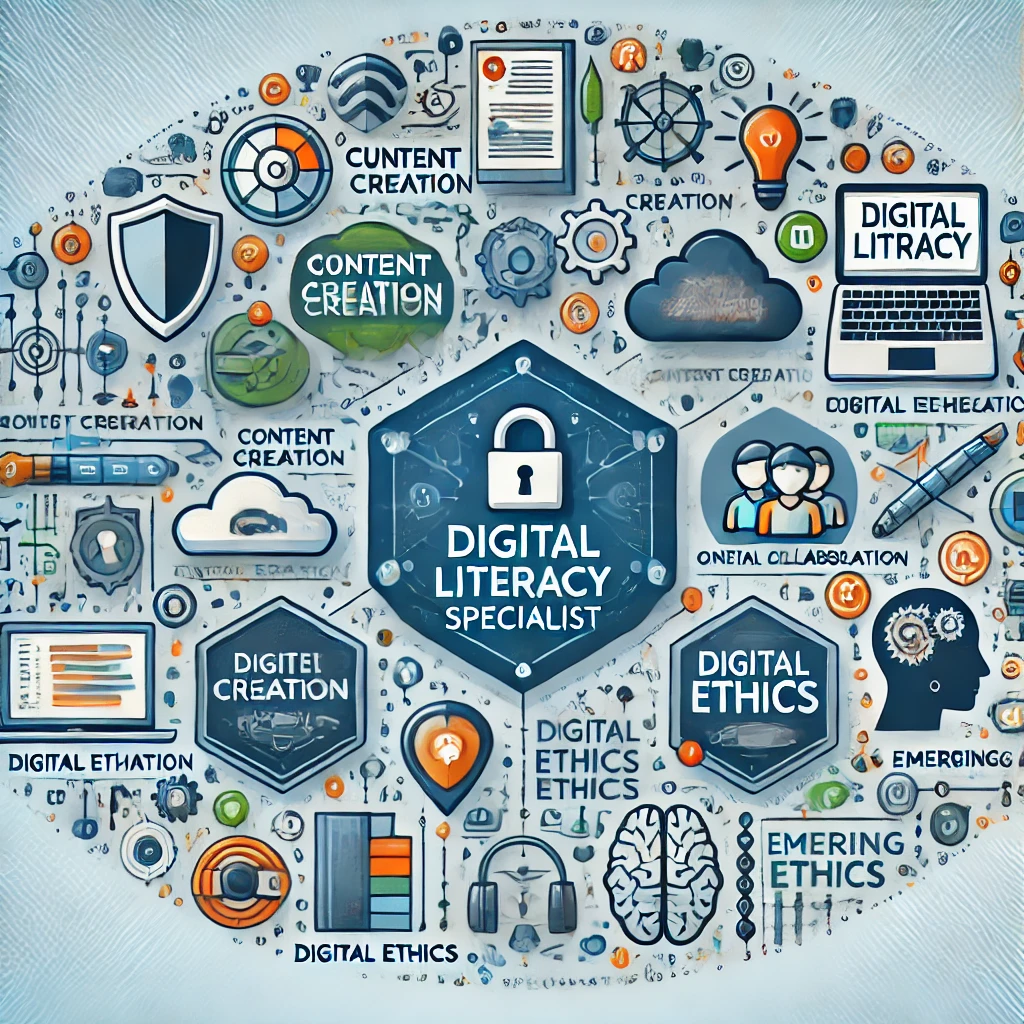
STEAM is a special educational method that integrates elements of Science (Science), Technology (Technology), Engineering (Engineering), Art (Art) and Mathematics (Mathematics) to help Preschool children absorb the architecture of scientific and artistic activities, guiding them to build the main foundation for future learning.
5 Benefits of STEM education:
- Early exposure to STEM promotes digital literacy…
- STEM helps students receive hands-on learning experiences. …
- STEM teaches problem solving…
- STEM education ignites students’ creativity through innovation. …
- Career opportunities in STEM fields are constantly growing.
